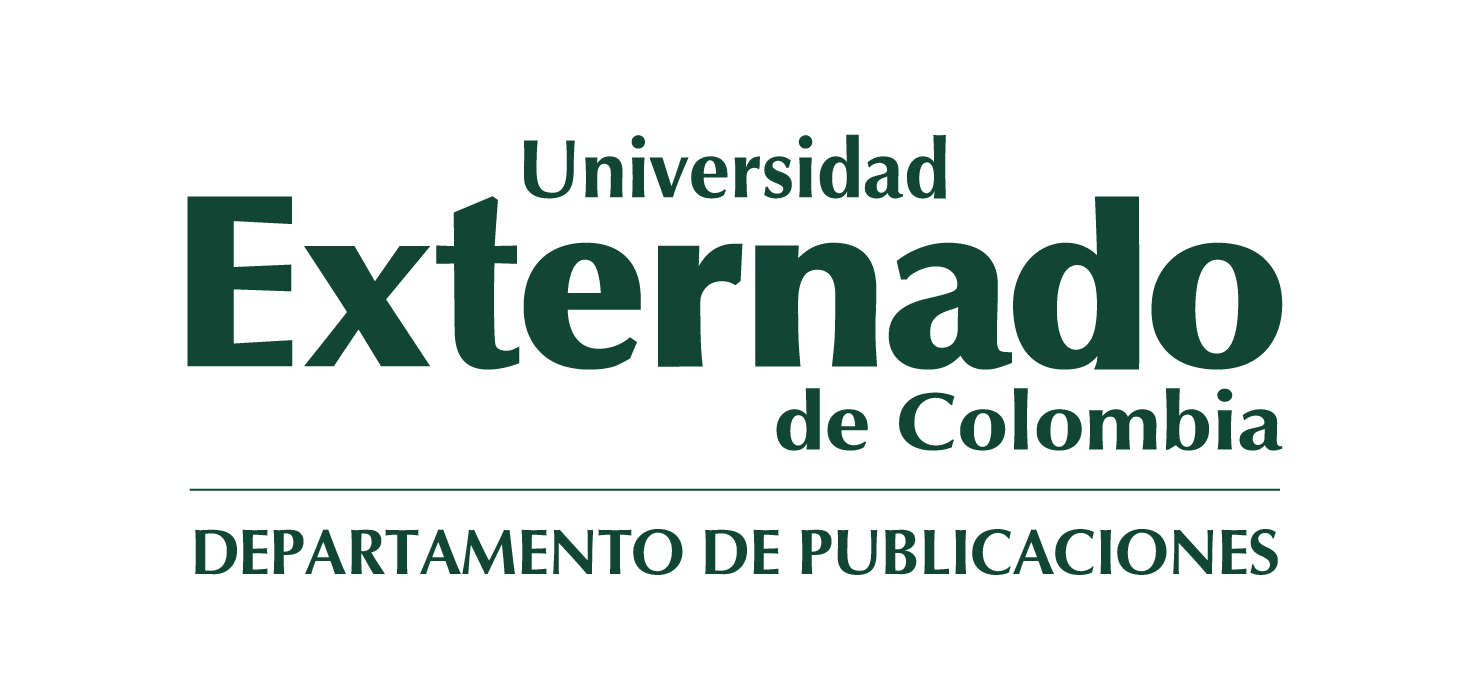Los Rostros del Otro
Colonialismo y Construcción Social en Medio Oriente y Norte de África
When professors Pío García, Felipe Medina Gutiérrez and Diana Cure gave me the honorable invitation to write the prologue to this work, my first reaction was doubt, since I am not an expert on the subject discussed here and I do not usually write about it. that I do not know with defensible depth. There are, however, aspects of this book that I would like to highlight from my perspective as director of the Center for Research and Special Projects - CIPE, of the Faculty of Finance, Government and International Relations. These are issues that the peer evaluators themselves highlighted in his judicious work.On the one hand, I want to highlight the novelty of the research on a region in which the great conflicts of the 21st century converge, which has not received due academic treatment in the Latin American sphere. As one of the consulted experts states, "work has been done from Mexico, Argentina and Brazil; however, the bibliography in Spanish is minimal, so presenting a work from the Colombian perception is innovative, and addresses gaps. academics."
Second, I want to highlight the variety of approaches, and the places and physical and epistemological origins of the work of the different analysts who write here, not Eurocentric, but Latin American and global. The reader will find historical, anthropological, sociological approaches, or from the discipline of international relations, all immersed in dialogue with each other, without attachment to dogmatic guidelines. As one of the evaluators states, the reader will find that "many sociopolitical problems of the countries of the Middle East and North Africa are experienced in the countries of Latin America and it is a door for us to be scribes of social, political and economic events." ; hence the relevance of this work."
Prólogo Gonzalo Ordóñez-Matamoros Introducción
PRIMERA PARTE ALGUNOS PROCESOS HISTÓRICOS Capítulo l. Kurdistanes en el Kurdistán: el derecho a la existencia Sebastián Estremo Capítulo 2. Revolución armada y guerra de liberación popular palestina en la década de los sesenta Martín A. Martinelli Capítulo 3· Egipto: de la casa a la revolución y de la revolución a la casa.La "cuestión de la mujer" en un siglo nacionalista Carolina Braceo Capítulo 4· El fenómeno del yihadismo global: del surgimiento de al-Qaida a la lucha contra lSIS Angélica Alba Cuéllar
SEGUNDA PARTE LA CONFIGURACIÓN SOCIAL Y CULTURAL Capítulo 5· Algunos conceptos clave en la historia y el presente del islam Felipe Medina Gutiérrez Capítulo 6. Chiismo en tierra wahabí: sectarismo, adaptación y resistencia en el reino saudí Paulino Robles Gil Capítulo 7. From Khalil Gibran to Meira Delmar: Reflections on the literature of the colombian Mahjar Odette Yidi David Capítulo 8. Cuando las mujeres árabes musulmanas danzan: un sistema de empoderamiento en el hogar, y el vocabulario codificador para ocupar el espacio público Hanan Al-Mutawa
TERCERA PARTE LAS RELACIONES EXTRARREGIONALES CON AMÉRICA LATINA y COLOMBIA Capítulo 9. Palestina e Israel en la política exterior colombiana Pío García Capítulo 10. República Islámica de Irán: cambios, desafíos y relaciones con América Latina Manuel Alejandro Rayran Cortés Capítulo 11. Reconocimiento de la República Árabe Saharaui Democrática: entre la legalidad internacional y los cálculos geopolíticos Jerónimo Delgado Caicedo Juliana Andrea Guzmán Cárdenas
Conclusiones generales
Acerca de los editores y autores
eBook
Impreso
-

-
Felipe Medina Gutiérrez
-
Información de autor disponible próximamente.
-
-

-
Diana H. Cure Hazzi
-
Información de autor disponible próximamente.
-
-

-
Pío García
-
Doctor en filosofía y analista internacional, especializado en estudios políticos y filosóficos asiáticos. Entre sus publicaciones se encuentran las obras El regreso del dragón: geopolítica de Asia y el Pacífico; Asia hoy, nuevas oportunidades para Colombia; Colombia e India en perspectiva y Saberes asiáticos: ciencia y técnica en China, India y Japón desde la antigüedad hasta nuestros días, al igual que numerosos ensayos académicos. Se desempeña como docente e investigador en la Universidad Externado de Colombia.
-
eBook
Digital: descarga y online - EPUB
Catálogo Universidad Externado:



